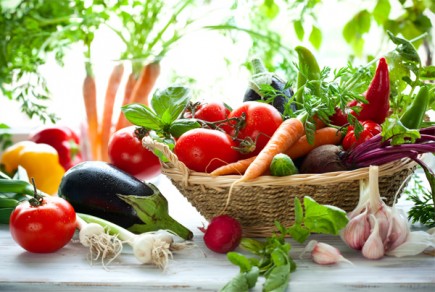When you’re faced with a pile of revision, feeding your body as well as your brain may be the last thing on your mind. But can you give yourself an advantage simply by eating certain foods? And does drinking plenty of water really increase your chances of getting good grades?
Whether you’re a student or the parent of a child sitting school exams, are there quick and easy food tips to help maintain those all-important energy levels and improve concentration and memory?
One of the best ways to maximise your focus is to ensure you are hydrated. Even mild dehydration can lead to tiredness, headaches, reduced alertness and diminished concentration.
It’s a good idea to start the day with a big glass of water or a hot drink such as fruit tea. The European Food Safety Authority recommends women drink about 1.6 litres of fluid a day and men 2 litres. That’s eight to ten 200ml glasses. Water is ideal, but healthy drinks such as milk or fruit juice count. Tea and coffee count too, but are high in caffeine. It’s best to avoid fizzy and energy drinks, which are high in sugar, as they’ll lead to energy peaks and troughs. Take a bottle of water into the exam if you’re allowed to; a study of university students found that those who brought drinks, especially water, with them into the exam performed on average 5% better than those who didn’t.
Eating a balanced diet can help you focus and avoid illness. No single food is nutritionally complete, so you need variety. Try not to skip meals or your blood-sugar level will drop.
Research shows that those who eat breakfast tend to perform better in exams. For the best breakfast, include slow-release carbohydrates, such as whole rolled porridge oats, whole grain bread or low-sugar muesli, as they provide slow-release energy. Add a protein food, such as milk, yoghurt or eggs, to keep you feeling full for longer. On exam day aim to include a portion of a food rich in long-chain Omega-3 fats, such as smoked mackerel, as they are believed to have brain-boosting properties.

